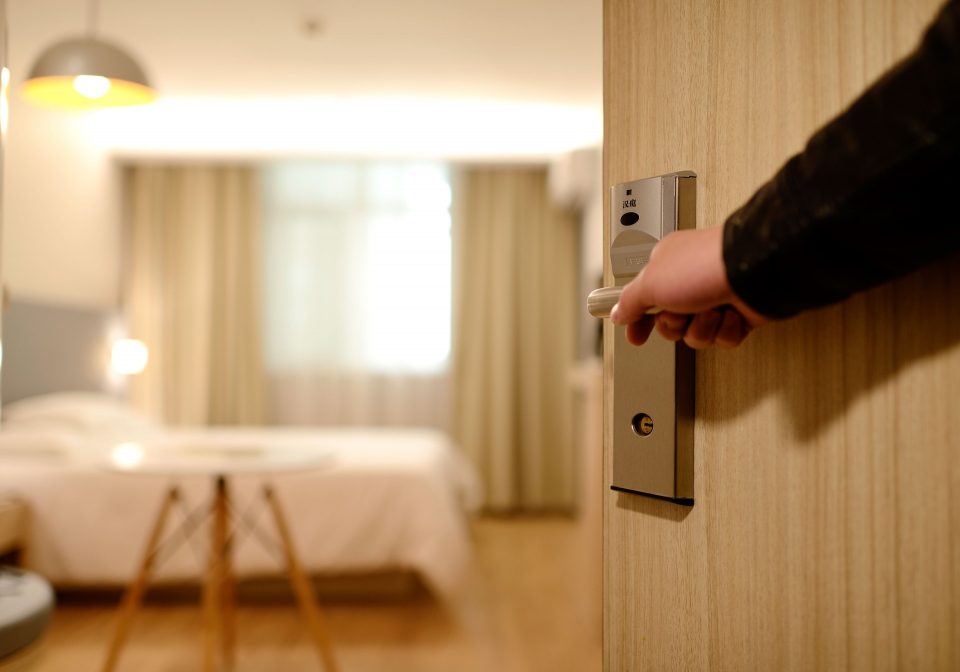The Hungarian Tourism Agency has compiled a COVID handbook to assist the work of accommodation establishments, catering businesses, tourism attractions, and service providers with significant guest turnover in connection with the reopening, based on aspects considered important for this transition. With tourism resuming, the health of both staff and guests is very important. The COVID manual summarizes the key information about the coronavirus and outlines the key steps to reopen hotels, restaurants, and other service providers. In addition, the Hungarian Tourism Agency (MTÜ) has collected the precautions that may be the most important in preventing the spread of the infection, while providing the appropriate quality of service and ensuring the most complete guest experience possible in the given circumstances.
The manual provides basic information about the coronavirus, as well as the steps for proper hand-washing, but in addition to basic hygiene rules (placement of an adequate amount of virucidal hand sanitizer, frequent disinfection, etc.), social distancing (1.5 m distance) and wearing a mask and gloves, it also recommends precautions for those working in tourism as well as guests.
The handbook recommends that management develop an action plan to provide resources. The handbook emphasizes the importance of continuous monitoring and record-keeping of measures and also emphasizes the key roles of communication, education, and providing information in the current situation.
It also proposes separate measures for the front office, catering/food preparation spaces, restaurants, technical and maintenance staff, housekeeping, and spa areas. Within the other tourism sectors, suggestions are also made for making beaches and outdoor and community spaces safe, and childcare and hotel entertainment departments are also highlighted.
In most departments, a minimum of two or three, but even more rounds of disinfection are recommended per day, but the constant cleaning and disinfection of the equipment is also extremely important. Disinfection of communal washbasins, toilets and their equipment, light switches, and faucets is of paramount importance.
Front desks should ensure contactless check-in and avoid unnecessary administration. If possible, hotels should leave the rooms empty for 12 hours before the next guest arrives. In restaurants and hotels, classic buffet meals are not recommended. They should prioritize delivery and takeaway services, or free or discounted room service. Food to be served from the kitchen to the table for guests should be brought under plate covers.
Restaurants should maximize bookings in one period to avoid crowds. A table can only seat up to 4 adults and their children. Disposable menus (printed on “plain” paper or foiled cards) should be available. Pre-sliced bread and small packages of spices should be provided instead of communally used ones.
In hotels, it is recommended to use a steam cleaner instead of vacuuming, but the use of an ozone disinfectant is also recommended. Bed linen should be washed daily, preferably at a minimum of 70 degrees during laundering.
Sports fields can only be used by family members living in one room. Beaches and spas can operate a swimming pool with a stretched water surface and a water circulator, but without spa elements. Steam, sauna, and jacuzzi services should be suspended. Slippers should be made compulsory.
Although the new type of coronavirus has been shown to be less dangerous to children, there have been cases where children have become infected. For this reason, staff caring for children should be informed to monitor the children and notify both parents and management immediately if they experience difficulty breathing. The brochure also sets out a number of rules for guests to follow, such as cashless payment, keeping a safe distance, queuing (only one person from a family can enter a queue at a time), the importance of wearing a mask and gloves indoors, and regular hand washing.
The rules contained in the handbook are not mandatory, but the list of proposed measures can help in the smooth re-opening. However, they do not override or precede the current public health, hygiene, and other official regulations and suggestions.





Comments are closed for this post.